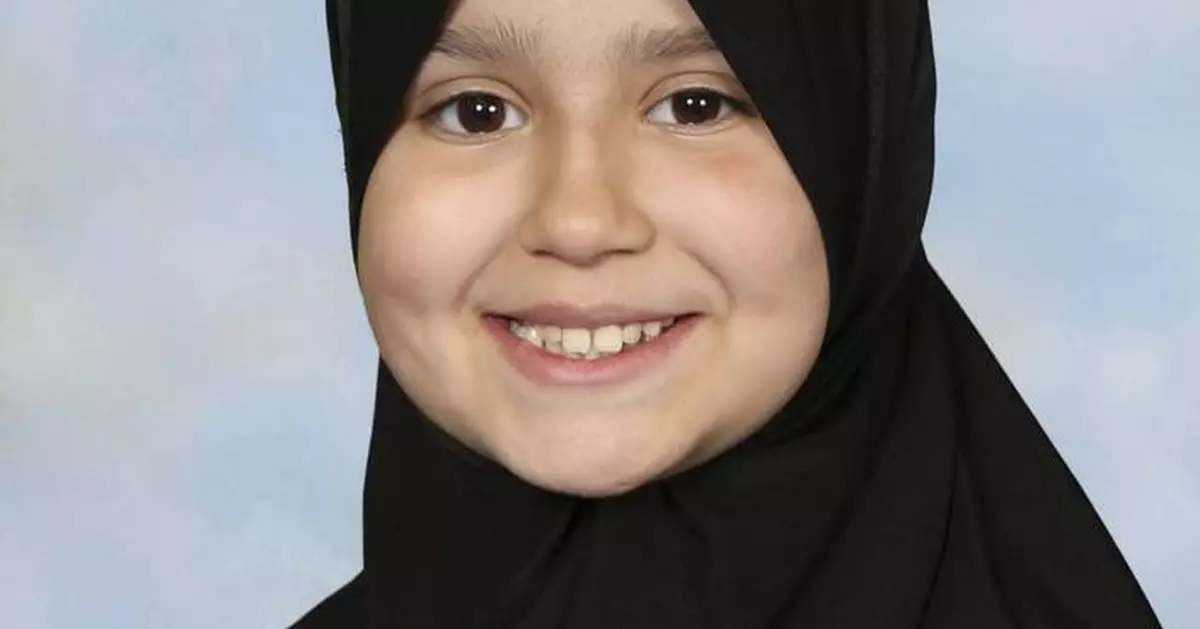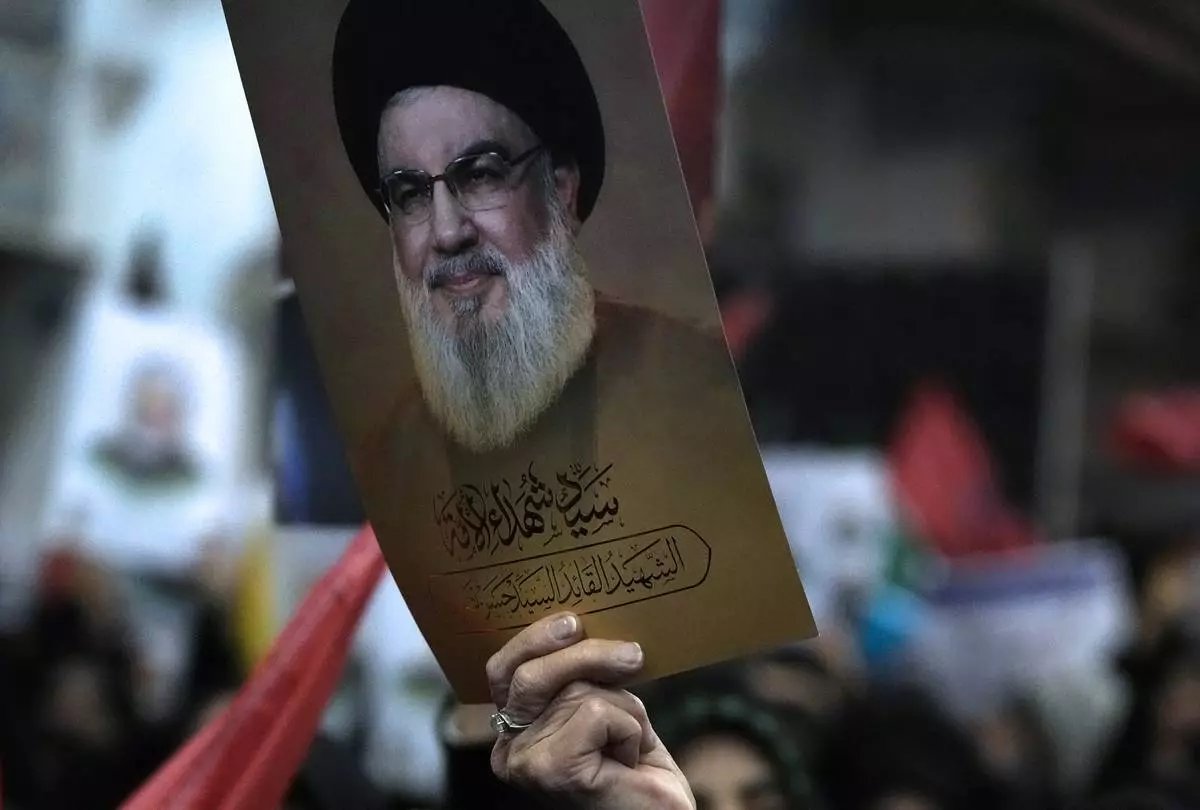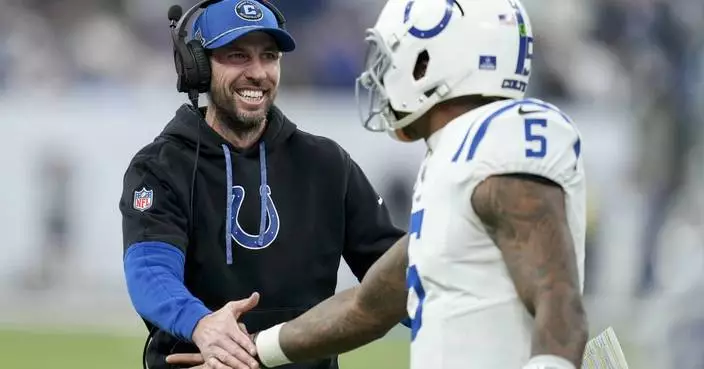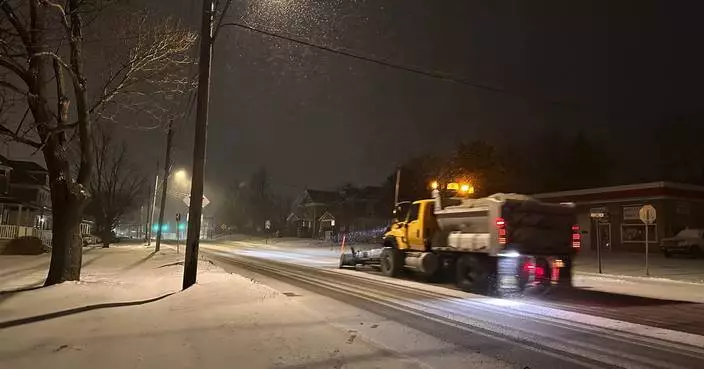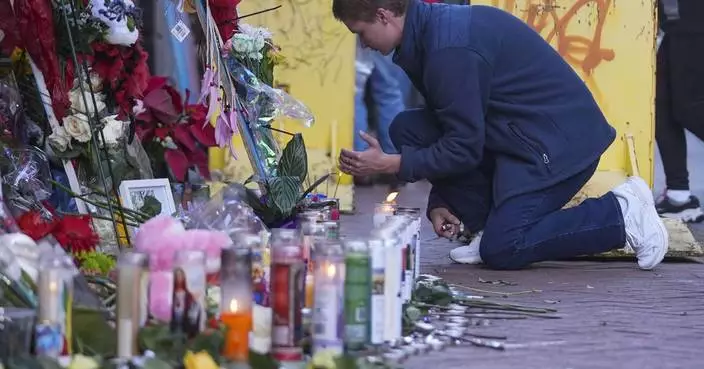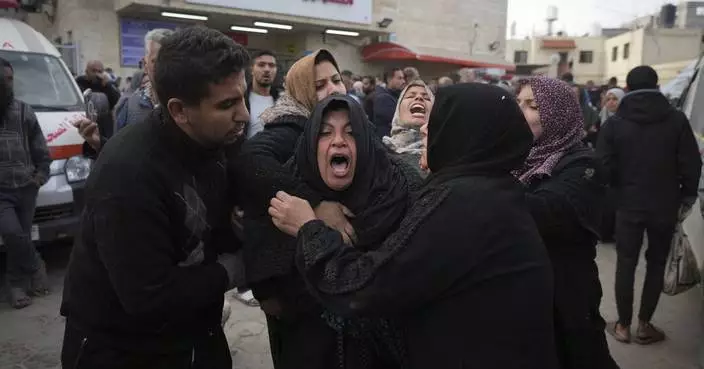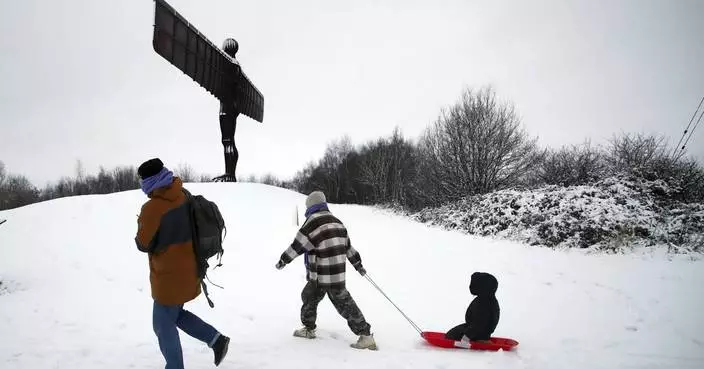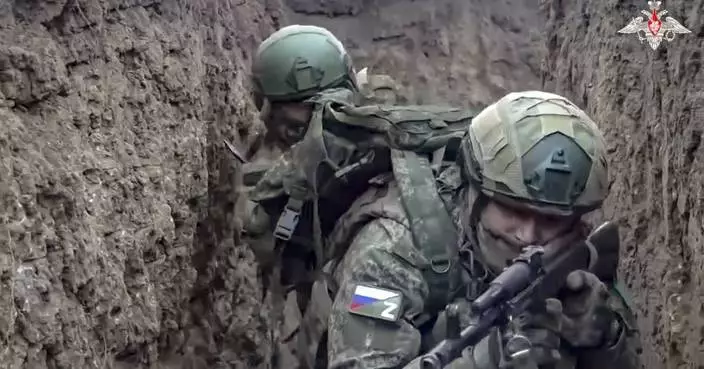LONDON (AP) — The father and stepmother of a severely abused 10-year-old girl found dead in her home in England were sentenced Tuesday to life in prison for murder.
Urfan Sharif, 42, and Beinash Batool, 30, were convicted of murder last week in her death in what prosecutors called a “campaign of abuse.”
The girl's uncle, Faisal Malik, 29, was found guilty of causing or allowing the girl’s death. He was sentenced to 16 years in prison.
After the girl died, the three fled to Pakistan, where Urfan Sharif phoned U.K. police to say he “legally punished her, and she died,” prosecutors said. He said he “beat her up too much" but didn't intend to kill her.
Police in London then went to the family's home and discovered Sara’s body under a blanket in a bunk bed on Aug. 10, 2023.
The three returned to Britain more than a month after they fled and were arrested on suspicion of murder.
The trial in the Central Criminal Court exposed horrific details of abuse that included more than 70 fresh injuries and many older ones, including bruising, burns, fractures and bite marks and raised questions about failures by social services and authorities to intervene and protect her.
“Sara’s death was the culmination of years of neglect, frequent assaults and what can only be described as the torture of this small child," Justice John Cavanagh said. "The degree of cruelty is almost inconceivable. ... None of you have shown a shred of true remorse.”
Politicians and other officials have called for a review of what went wrong and urged reforms to prevent a repeat of such cases.
“Her death is a heartbreaking reminder of the profound weaknesses in our child protection system that, as a country, we have failed time and time again to correct,” Rachel de Souza, children’s commissioner for England, said in a statement after the trial. “We have been here before — and each time we have said ‘never again.’”
Following the trial, family court records were released showing that Urfan Sharif and his former wife, Olga Sharif, had been on the social services' radar three years before Sara Sharif was born.
The father and stepmother got custody of Sara and her older brother after reports that their mother abused them.
Despite accusations that Urfan Sharif was physically abusing his children, the accusations were never tested in court.
Surrey County Council, which raised repeated concerns that Sara was likely to be physically and emotionally abused by her parents, plans to review the circumstances of her death. Child services had investigated after her school reported Sara was bruised but the agency took no further action.
Her father later took her out of school to prevent authorities from discovering the abuse, the judge said. She was not schooled at home.
Olga Sharif called her daughter’s killers cowards, sadists and executioners, in a statement read by a prosecutor.
“I can’t understand how someone can be such a sadist to a child,” she said. “She is now an angel who looks down on us from heaven, she is no longer experiencing violence.”
During the trial, Sharif initially blamed Batool for Sara’s death but later told jurors he took “full responsibility.” He admitted throttling her with his hands and battering her with a cricket bat and other objects.
The prosecution said the violence became so normalized that no one reacted when she appeared with bruises at a family barbecue.
Her parents made her wear a hijab — not for religious reasons but to “cover up the bruises that were all over Sara’s body,” Cavanagh said.
Sara was described as feisty and dreamed of being a fairy tale princess. Her spirit came across in a video taken two days before her death showing her dancing at home, despite multiple broken bones and iron burns on her bottom.
“Despite everything, she smiled at the camera,” the judge noted.
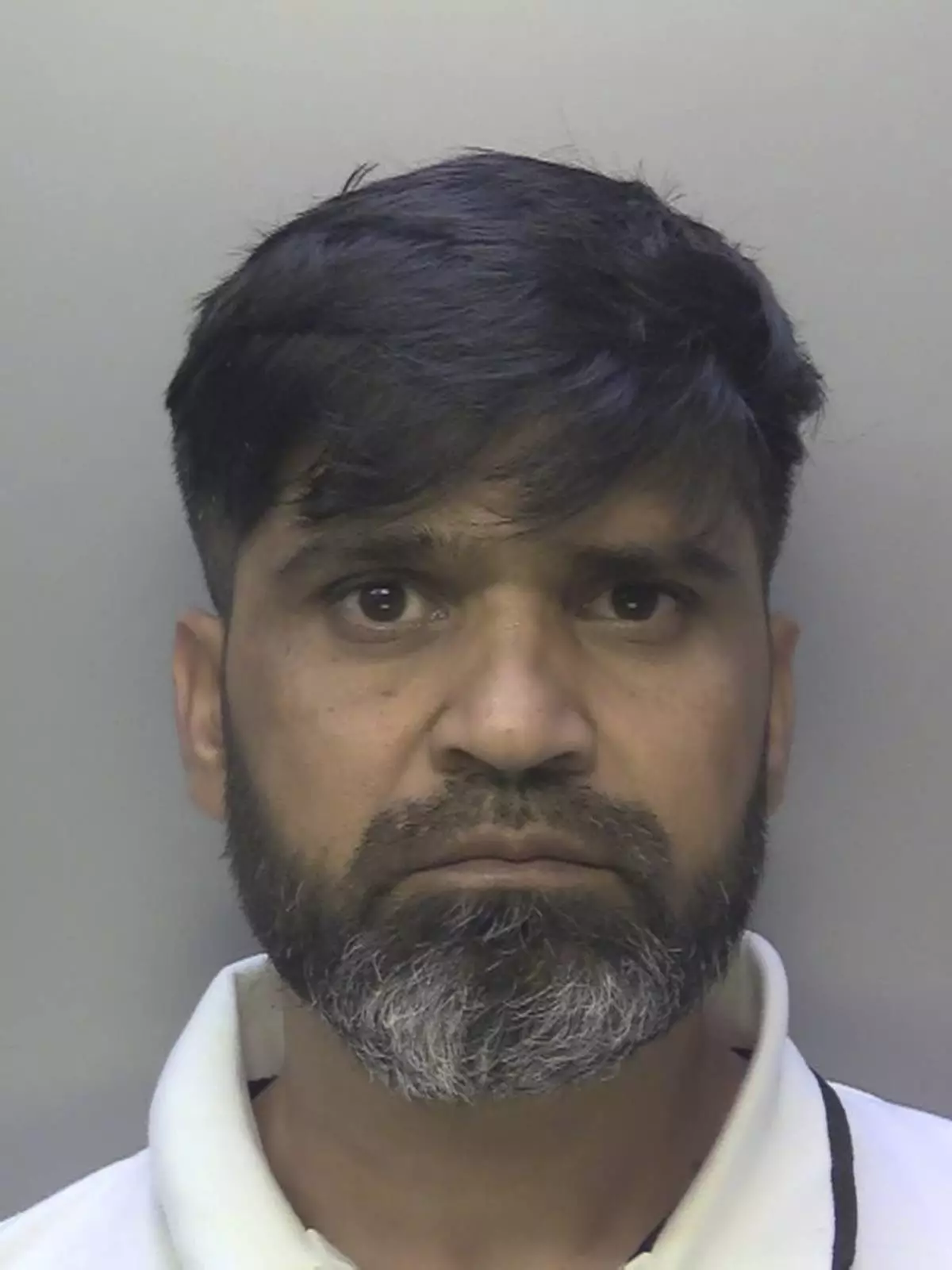
This undated handout custody photo issued by Surrey Police shows Urfan Sharif, the father of Sara Sharif. (Surrey Police via AP)
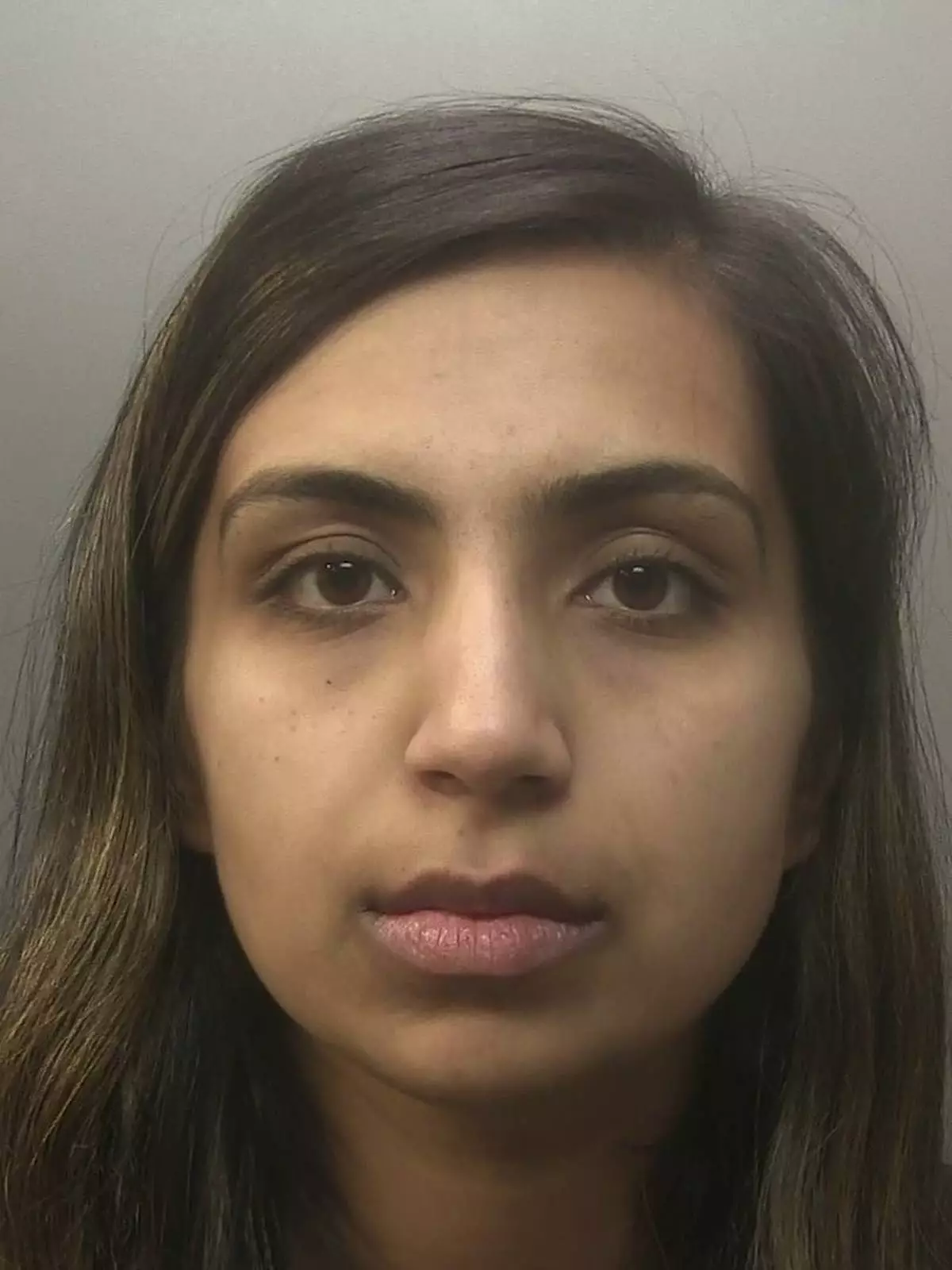
This undated handout custody photo issued by Surrey Police shows Beinash Batool, 30, the stepmother of Sara Sharif. (Surrey Police via AP)
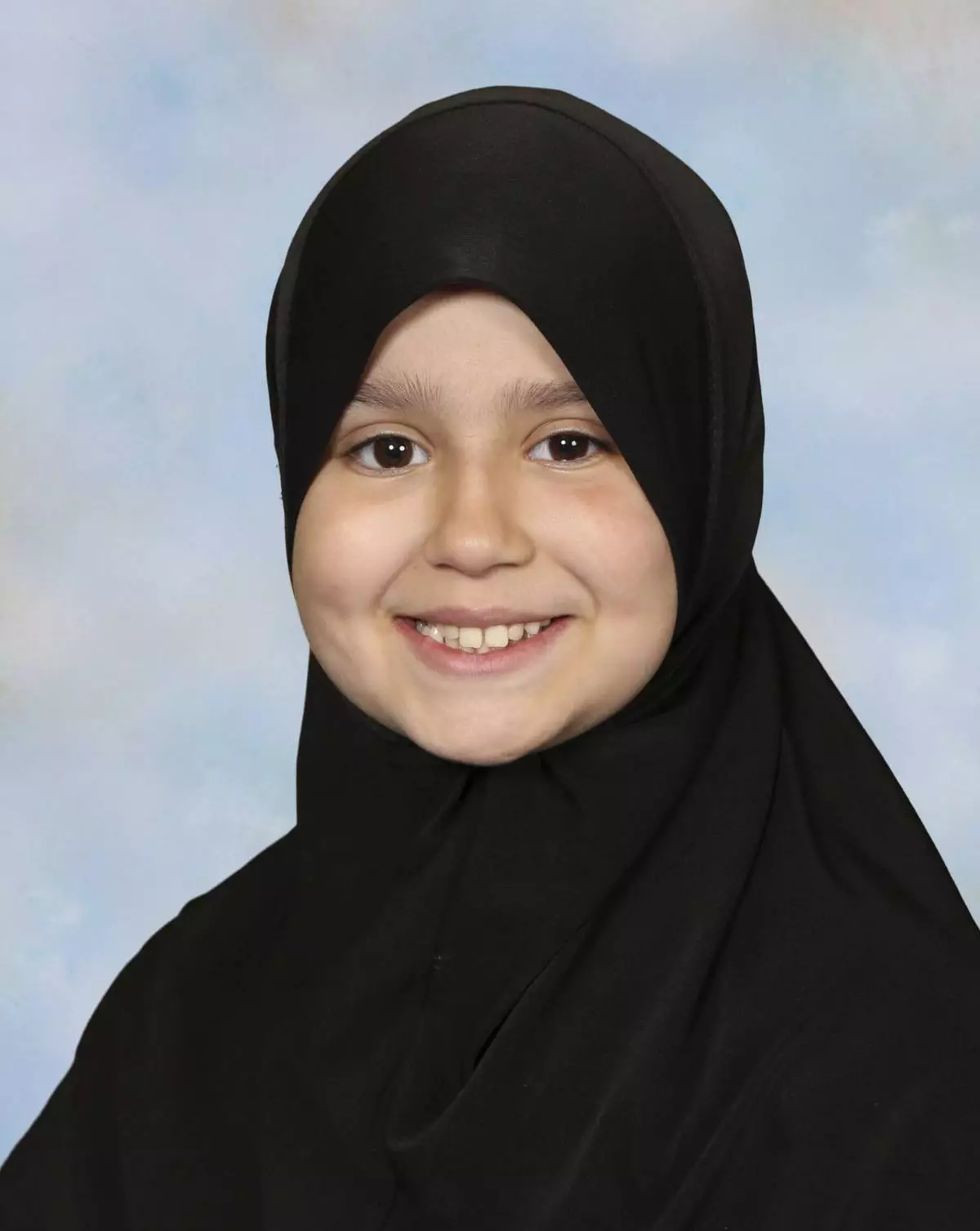
This undated handout photo issued by Surrey Police shows 10-year-old Sara Sharif. Sara Sharif's father Urfan Sharif, 42, and stepmother Beinash Batool, 30, have been found guilty at the Old Bailey of the 10-year-old's murder. Her uncle Faisal Malik, 29, was found guilty of causing or allowing her death. (Surrey Police via AP)


